Stage Fright: A New Perspective
"I've been absolutely terrified every moment of my life, and I've never let it keep me from doing a single thing I want to do." - Georgia O'Keefe (painter).
When you've encountered stage fright and told yourself to "just calm down," how well has it worked? Most likely, the more you tell yourself to stop being nervous the more nervous you get. The fear of stage fright causes you to have more stage fright, and the cycle continues making you feel miserable. This article will explore new perspectives for understanding and reacting to stage fright.
Mary Fensholt, a consultant and author of The Francis Effect: The Real Reason You Hate Public Speaking and How to Get Over It, states that stage-fright dates back to a fear of being eaten alive! Being singled out and scrutinized was a precursor to being gobbled up by a predator. When our ancestors were being chased by lions and tigers they relied on the sensations of anxiety to keep them alive in immediate danger. Sensations such as rapid heartbeat, shakiness, rapid and shallow breathing, tensing muscles, dry mouth (sounds familiar?) were essential for their survival. However these symptoms are no longer helpful to us, especially in the case of performing. So we have to learn how to get along with these feelings so ingrained in our DNA.
We can begin to embrace performance anxiety through a process called mindfulness. Mindfulness is defined as bringing one's full attention to the present experience and observing your feelings rather than controlling them. In the case of stage-fright, we don't try to force the fear to go away but rather acknowledge it's existence and allow space for it to be there without engaging in an inner dialogue with it. It seems counter intuitive to not fight back against the fear, but imagine this scenario: You are sitting in a seat above a tank of sharks with a lever that can dump you into the pool at any time, and you are told that the only thing you have to do in order to not get dumped into the pool is to "not panic." Most likely the first thing you would do is panic. The more you tell yourself not to have a thought, the more likely you will be to have it.
World-renowned Zen master, spiritual leader, and author Thich Nhat Hanh summarizes this point well in his book Peace Is Every Stepsaying: "It is best not to say, 'Go away, Fear. I don't like you. You are not me.' It is much more effective to say, 'Hello, Fear. How are you today?' Then you can invite the two aspects of yourself, mindfulness and fear, to shake hands as friends and become one. Doing this may seem frightening, but because you know that you are more than just your fear, you need not be afraid. As long as mindfulness is there, it can chaperone your fear [...] You calm your feeling just by being with it, like a mother tenderly holding her crying baby (53-54)."
Is stage fright really such an "unacceptable" feeling? What about the feeling you have when you are at a wedding, a birth, a surprise birthday party? These feelings of adrenaline are comparable to performance anxiety, yet we would never label them as anxiety, but simply as excitement of being in the moment. If you are unwilling to experience the feeling of anxiety when you perform, you will most likely never feel comfortable with performing. In "Don't Panic", R. Reid Wilson offers "to conquer panic, then, you must intervene at the point of interpretation (133)." The reaction of fear is very powerful, but you have a choice in how you react. Acknowledge the fear, then stay present and let it be. Ride with the fear and the fear will lose its power. By not trying to control and fight against your stage-fright, you will actually diminish it.
Of course, there are many steps you can take in preparation for a performance to mitigate stage-fright. Being well-prepared, positive visualization, and mock rehearsals will all lead to a better state of mind on performance day.
In the words of the great Stevie Nicks: "If you have stage fright, it never goes away. But then I wonder, is the key to that magical performance because of the fear?"
